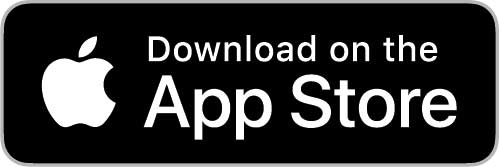
Financial Wellness Month
The most popular New Year's Resolution for Americans in 2025 is to save more money, prioritized ahead of eating healthier, exercising more and spending time with family and friends. January not only kicks off the year, but it is also 'Financial Wellness Month' where everyone is encouraged to not only take inventory of their personal finances, but to find ways they can improve their overall financial wellness. Your financial wellness is plainly defined as: 'your ability to fulfill your basic needs while effectively managing your money for both the short and long term.' As we all turn over a new leaf and set goals for the year, making a commitment to your financial wellness will set you up for success in 2025.
The main goal of Financial Wellness Month is to have participants commit to a few habits that will contribute to improving their long-term financial wellness. Whether this means building a tighter budget, depositing your money in a high yield account or simply cutting back on your spending, these small changes in behavior can dramatically effect your financial well-being. We have compiled a few of the most common financial wellness tips to help guide you to a healthier financial future.
Budget
It is the most basic financial advice because it works. Building a budget and mapping out your expenses is the best way to control your spending. By sticking to your budget, you avoid detrimental behaviors such as the dreaded impulse purchase and general overspending.
Monitor your Credit
Make sure you are the only one influencing your credit score, by regularly monitoring your activity. This will help you draw correlations between your score and your behavior while making sure there are no unauthorized transactions by potential identity thieves.
Save Regularly
Unfortunately, it is all too common for people to find themselves in a negative credit spiral where the full amount of their paycheck is designated to pay off outstanding debts before receiving it. Regularly saving even a small percentage of your income, will provide additional financial flexibility when you need it most.
Build an Emergency Fund
The term 'Emergency Fund' has grown in popularity in recent years as more people see the need to have a safety net in the event they are unable to work. While there are no set parameters regarding what constitutes an emergency fund, the general advice is to have 3-6 months of your monthly income set aside in an accessible account.
Financial stress can have adverse effects on your health, so taking the time to take an inventory of your financial wellness not only helps your wallet but your overall health. Checking on how much money you have in the bank, assessing your current debt level, and building a strategy are all steps you can take to make 2025 your year of Financial Wellness.
Download the App Today!
App Store is a service mark of Apple Inc. Android, Google Play, and the Google Play logo are trademarks of Google, Inc. Data charges may apply. Check with your mobile phone carrier for details. Apple and the Apple logo are trademarks of Apple Inc, registered in the U.S. and other countries.


